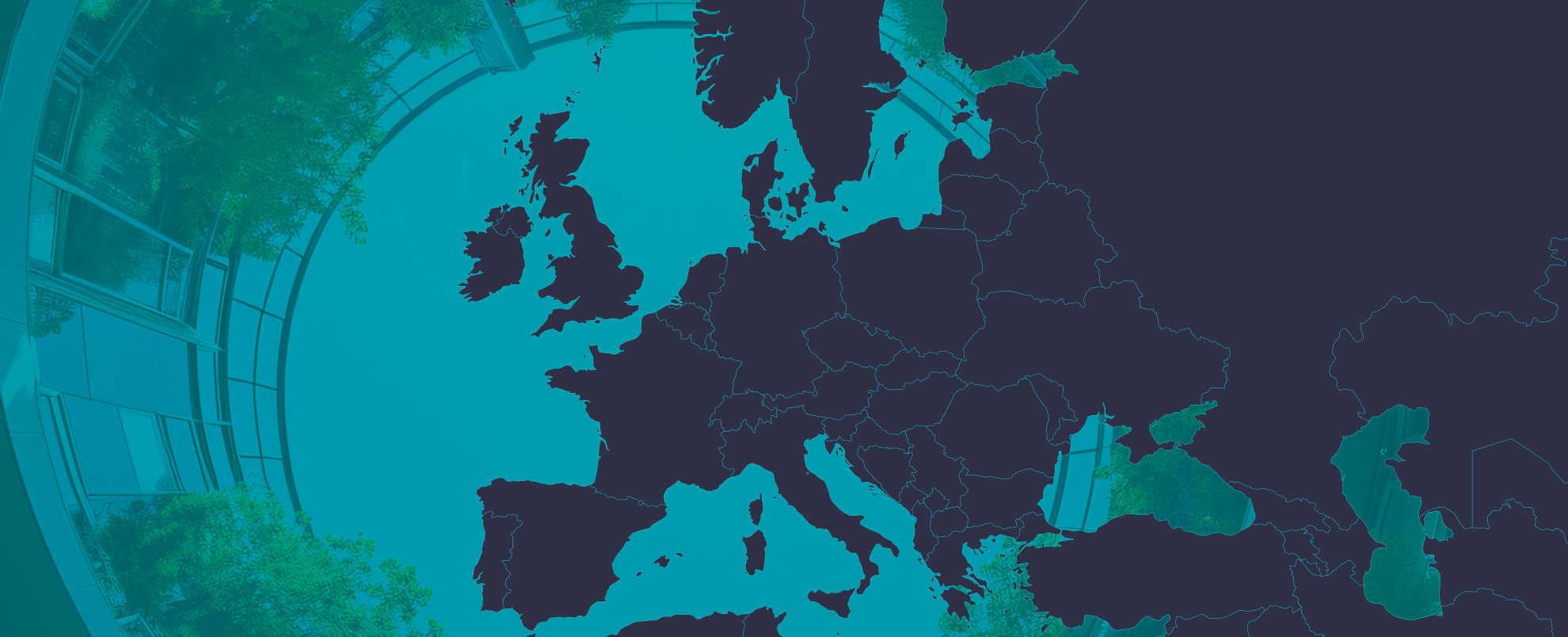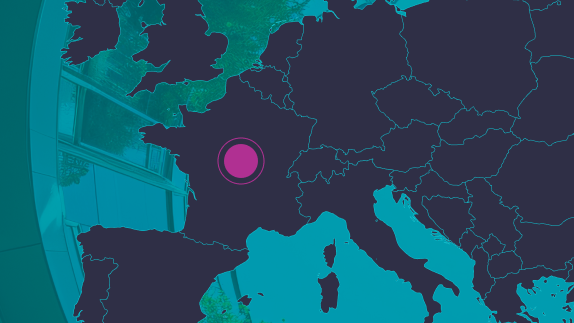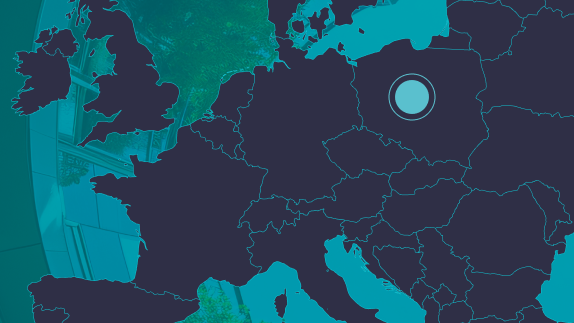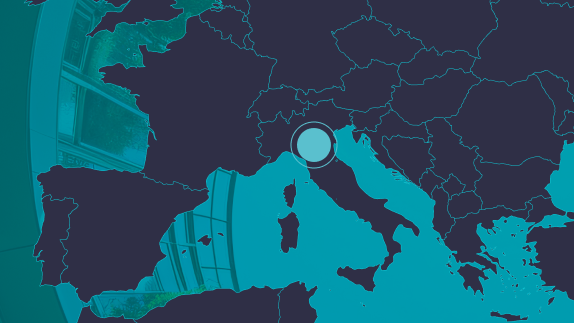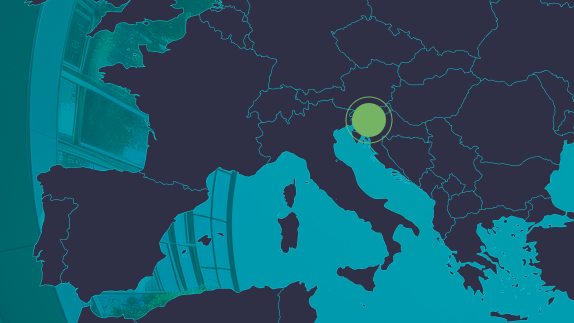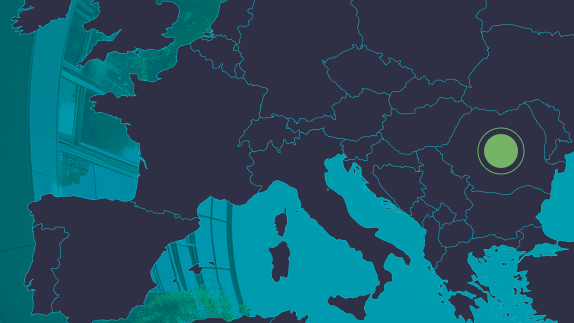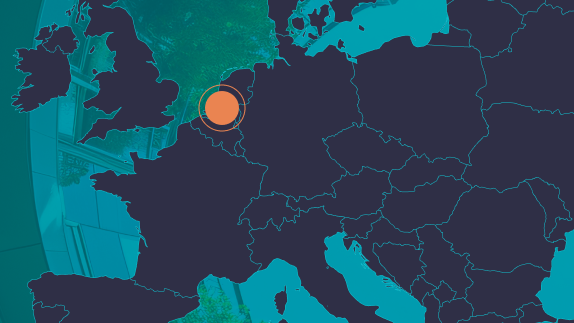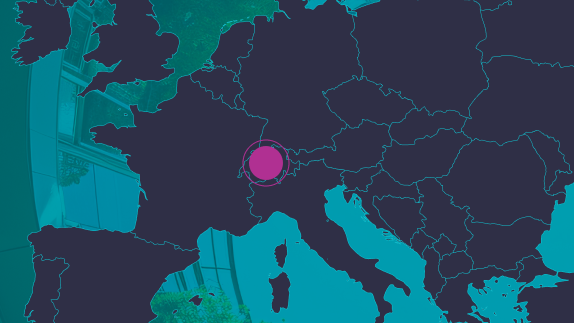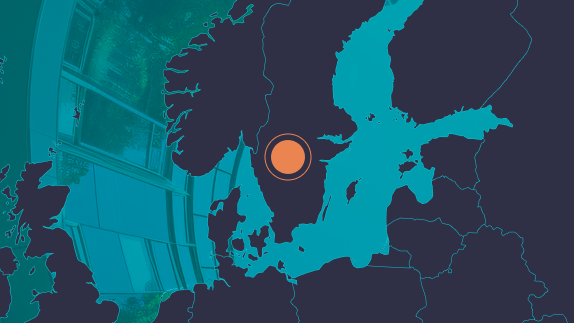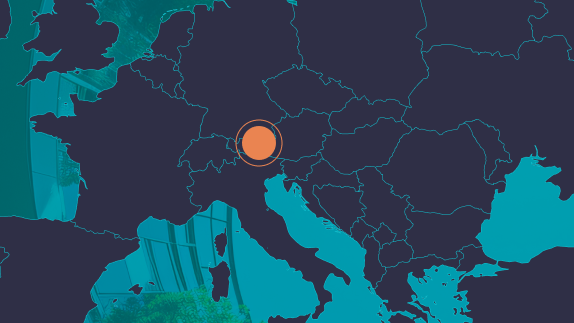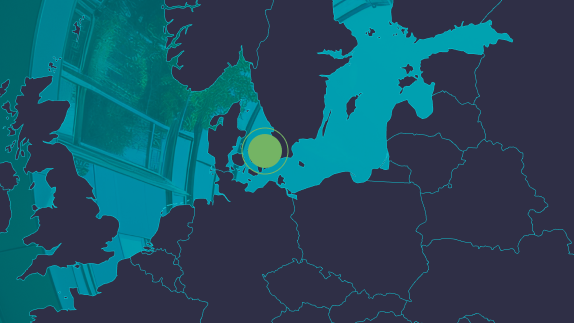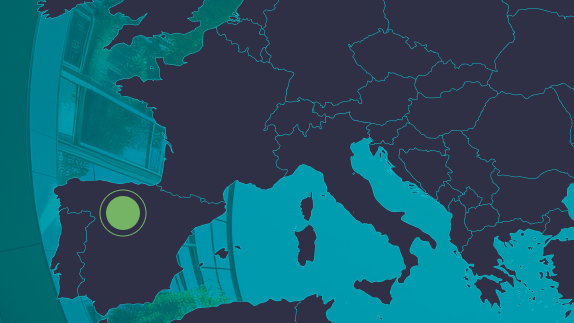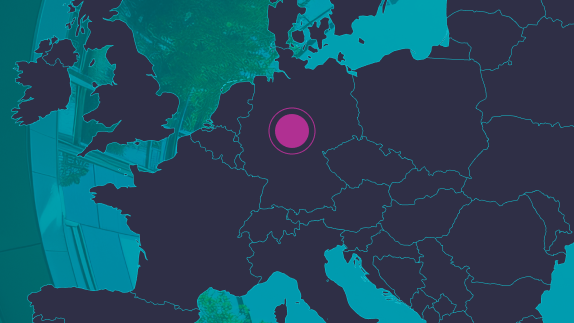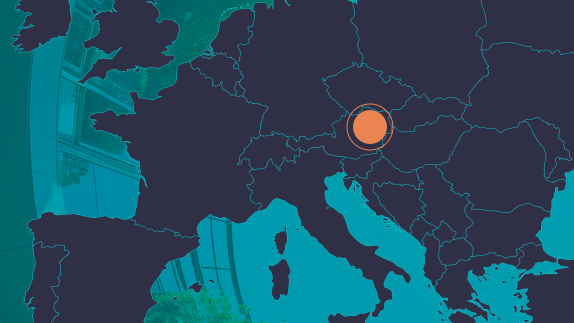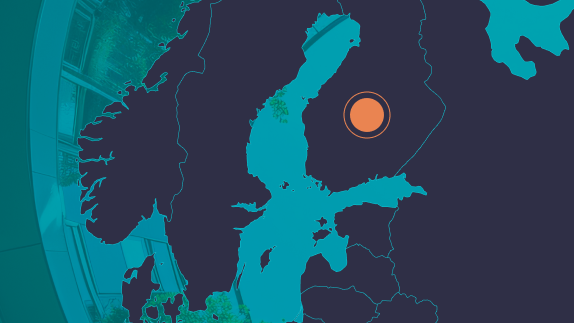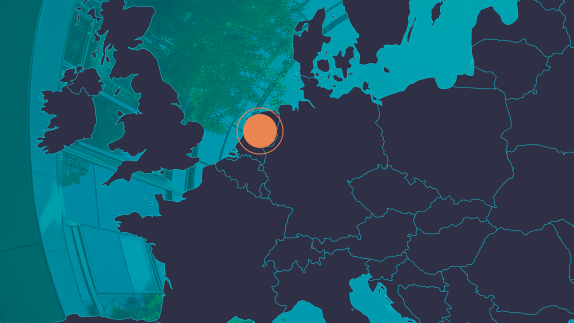This page is part of the report Building Prosperity: Unlocking the Potential of a Nature-Positive, Circular Economy for Europe. Explore the full report to delve into all focus areas, strategies, and key recommendations, or browse the entire case study collection to see these strategies in action.
Location: Italy
Organisation: Gucci
Luxury fashion brand Gucci has focused on embedding circular economycircular economyA systems solution framework that tackles global challenges like climate change, biodiversity loss, waste, and pollution. It is based on three principles, driven by design: eliminate waste and pollution, circulate products and materials (at their highest value), and regenerate nature. principles from the design stage and raw material sourcing, including investing in regenerative agriculture, to manufacturing and new business models to extend the life of its products and materials. A series of commitments underpin Gucci’s progress, such as operationalising its parent company Kering’s science-based target to align with a 1.5°C pathway. For example, the use of 100% renewable energyrenewable energyEnergy derived from resources that are not depleted on timescales relevant to the economy, i.e. not geological timescales. in its direct operations has resulted in a reduction of over 60,000 tonnes of CO2 in 2022. Having achieved 99% traceability of its raw materials in 2023, Gucci is also working with farmers to scale up regenerative agriculture across tens of thousands of hectares of land, reviving local supply chains for silk, cotton, and wool, while regenerating nature and capturing carbon. The fashion house has invested in regenerative agriculture since 2020 and has been supporting farmers, for example, in Uruguay through the NATIVATM Regenerative Agriculture Program in collaboration with Chargeurs Luxury Fibers to provide 50 tonnes of regenerative wool annually, with the potential to replace 19% of the conventional wool in its collections.
Embedding circular principles across the value chain
Gucci has been transforming its value chain, intending to design out waste and pollution while enhancing durabilitydurabilityThe ability of a product, component or material to remain functional and relevant when used as intended., reusereuseThe repeated use of a product or component for its intended purpose without significant modification., recycling, and second life. Gucci’s emotional durability is complemented by product testing to ensure physical durability, and product care and repairrepairOperation by which a faulty or broken product or component is returned back to a usable state to fulfil its intended use. services are provided by expert artisans through global care centres. This approach helps reduce the impacts on biodiversity associated with resource extraction, production processes, and disposal. Gucci also focuses on minimising the use of virgin natural resources by favouring recycled materials and leveraging upcycling programmes. For example, ‘Gucci-Up’ is a programme for recovering and upcycling leftover and deadstock fabric and leather from manufacturing. Between 2018 and 2023, 1,148 tonnes of leather manufacturing leftovers, 1,537 tonnes of leftover textiles, and 331 tonnes of metal scraps were recovered. Materials not reused in their supply chain are either returned to the marketplace or donated to NGOs and social cooperatives in Italy.
Changing practices through innovation
In February 2023, Gucci launched the Circular Hub for innovation. Starting from raw materials and design, through to production optimisation and logistics, the Circular Hub is an open innovation platform for the design and manufacturing of circular products and the scouting of new solutions. For example, Gucci’s ‘Denim Project’ was conceived at the Circular Hub in collaboration with their supply partners in line with the company’s circular design guidelines. The project combines 74% regeneratively grown cotton fibres, sourced from the Regenagri®- certified Algosur farm in Spain, with 26% post-consumer recycled (PCR) fibres collected and re-spun in Italy. The resulting denim garments better withstand material blending with PCR cotton, while enhancing durability and ensuring end-of-life recyclabilityrecyclabilityThe ease with which a material can be recycled in practice and at scale.. Gucci’s first products developed under the ‘Denim Project’ will be available in 2024 and will include a digital product passport to ensure traceability, enabling customers to learn about the product’s material origins and production journey as well as access information about care and repair services.
